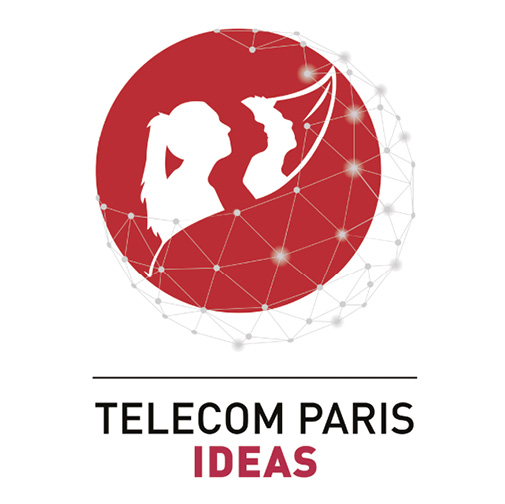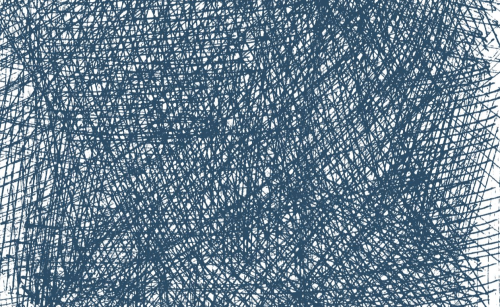
TELECOM PARIS IDEAS
The digital mag' for people and their environment
At a time when digital innovations are transforming our society, Télécom Paris is proud to present Télécom Paris Ideas: a space where technology meets sustainability.
How can we design digital models, technologies and solutions for a society and economy that respect people and their environment?
We invite you to take a step aside and explore not only digital advances, but also the ethical, environmental and societal challenges they raise.
Explore our articles, podcasts and videos, and let yourself be carried away by topics as captivating as quantum computing, artificial intelligence, digital twins or green IT and the ethical, environmental and societal issues they raise.
On Télécom Paris Ideas, every piece of content is prepared with care and passion by our researchers. It's an invitation to see the digital world from a new angle, directly from our open-air laboratory.
Join us today in this quest for a sustainable digital future, where every advance is an opportunity to imagine our future!
FRUGALITY & SOBRIETY
Contributing to reducing the carbon footprint of many sectors, by optimizing energy expenditure, storage and the integration of renewable energies, having a positive impact when it replaces more polluting technologies or uses, progress in green and low tech, eco-design, recycling and reuse... Researchers at Télécom Paris talk to us about digital technology's contribution to the Net 0 carbon, and about their research into reducing its environmental footprint.
- Smart Gardens: sensors to demonstrate the impact of vegetation on temperature (Ada Diaconescu, Laurent Pautet).
- How to reconcile the performance of algorithms and control their carbon footprint (Leonardo Linguaglossa).
- The carbon footprint of researchers in theoretical computer science and AI (Antoine Amarilli).

DIGITAL & SOBRIETY
When digital technology serves society, it is often at the crossroads of several social science and computer engineering disciplines. Fields of research that interact to ensure that digital technology contributes to knowledge, health, education and living together. Researchers at Télécom Paris tell us how digital technology can help real people...
- The role of social media in crisis management (Caroline Rizza).
- Digital commons and free software, humanity's heritage (Stefano Zacchiroli).
- Software commons and the challenges of Free and Open Source (Laure Muselli, Stefano Zacchiroli).
- Joka Jobs, professional integration through mobility
(Dana Diminescu). - How to make decisions in uncertain environments (Valérie Fernandez, Thomas Houy).
- What's the current state of research evaluation in France?
(Frédéric Grillot). - The connected migrant at the Musée national de l'histoire de l'immigration (Dana Diminescu).
DIGITAL & TRUST
Behind the issues of digital explicability and regulation lie a host of technical, economic, legal and sovereignty-related questions, as well as social and environmental issues. Artificial intelligence is at the forefront of these reflections on explicability and regulation. Researchers at Télécom Paris are attempting to grasp this complexity and think about digital ethics "by design".
- What do the ethical charters of public, private and NGO players say about AI? (Tiphaine Viard).
- The social impacts of digital technology on click workers (Antonio Casilli).
- How to regulate artificial intelligence in Europe?
(Winston Maxwell).
NEW FRONTIERS!
Quantum revolution, optical communications, generative AI, agritech, digital twins... Researchers at Télécom Paris tell us about the innovations they're working on to change the world of tomorrow.
- Quantum: the new frontier, challenges for communications and cryptography (Romain Alléaume).
- AI applied to medical imaging: data challenges, what research? (Elsa Angelini, Pietro Gori).
- How can AI help us better manage our water resources (Florence Tupin).

















